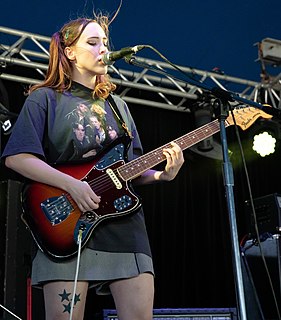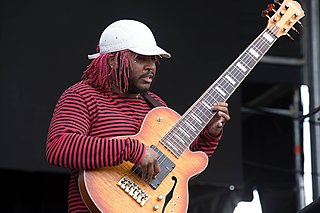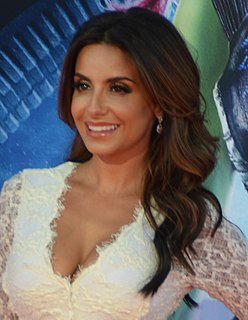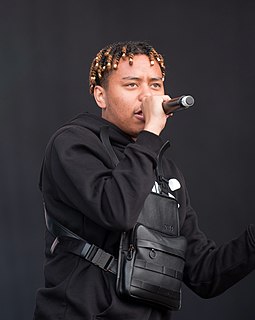A Quote by Sam Shepard
I think a part of the reason that those early plays were short was that I just kept having these ideas, and I'd just go off and write them. I wasn't trying to write one-act plays - it's just how the ideas would be expressed. Every condition I was in seemed like it could be a play.
Related Quotes
I found it was my good fortune to somehow be able to work in these forms that I loved when I was a kid. I love movies and I could write screenplays. I love theater and I could write plays. I mean, they would be my own, I could never write what was used to be called the well-made play. But my first play, "Little Murders," turned out to be a great success and a great influence on plays at that time.
I don't really think of these as projects. I think of them as bands. I have tried to not just convene a group of musicians and make one record or make one gig and just drop it. Each of them develop over time. I have been really fortunate to keep a band like the Sextet together over three very different albums. Each time, the goal got more deep for me in terms of how I wanted to write for those people. So it is really about trying to develop ideas and trying to have a consistent focus on a way to come up with new ideas in music that I want to do.
I think, with age, you learn that it comes in bursts and you've got no control over it. I'm not one of those people who says, 'I've got to write a song every day.' I just store up ideas, and really I have to wait until it finds me; I know when I'm ready to write. It used to frustrate me, but it doesn't any more. It's just how it is.
I've had enormous luck and enormous pleasure in working in such forms as movies and plays that I loved when I was a kid and I just - because I could always write dialogue, because I always had a sense of how people spoke. And because I had a strong narrative sense; growing up and loving stories, loving novels, I just seem to know how to tell a story and I read a lot, I went to a lot of movies, I went to a lot of plays, and it rubbed off on me. And that's all. It just rubbed off on me.
I was just interested in directing. So I just kept having a go at trying to write little scripts and get things together, and my wife just had a slip of the tongue and said, "Franz Kafka's It's A Wonderful Life" when she meant to say "Frank Capra's." There it is right there. That's a gag that we could make into something.
When I first started writing, there was no way I'd write a sex scene. That just seemed impossible. That's why in "Fight Club" all the sex happens off-screen. It's all just a noise on the other side of the wall or the ceiling. I just couldn't bring to write in a scene like that. So one of the challenges with "Choke" was I wanted to write sex scenes until I was really comfortable just writing them in a very mechanical way.





































